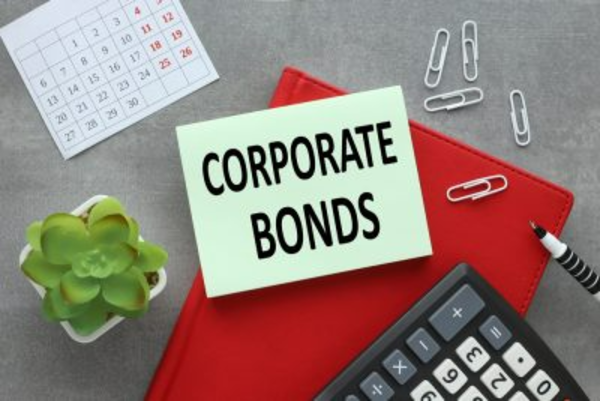Corporate bonds, including those with investment-grade ratings, are among the fixed income segments being drubbed by rising interest rates this year.
Following the August Consumer Price Index (CPI) report, it is evident that the Federal Reserve may have no choice but to continue aggressive rate hikes, but some experts believe opportunities are plentiful in the high-quality corporate bond space. This could imply that exchange traded funds such as the SPDR Bloomberg SASB Corporate Bond ESG Select ETF (RBND ) are worth examining.
RBND, which follows the Bloomberg SASB® US Corporate ESG Ex-Controversies Select Index, is one of a growing number of ETFs dedicated to bonds with ESG overlays. That could make RBND a compelling value proposition today.
“Investment-grade corporate bond yields are near multi-year highs, making them attractive for income-seeking investors. Although an economic slowdown may negatively impact all corporations, investment-grade corporate bonds should be better positioned than high-yield bonds in case market volatility does pick up,” noted Collin Martin of Charles Schwab.
RBND turns two years old in November, so it hasn’t been through a traditional recession as of yet. Of course, there are no guarantees that such a scenario will come to pass, but if it does, RBND could be useful owing to bonds’ recession protection reputation.
Additionally, companies with favorable ESG credentials often feature other traits, such as strong balance sheets and high credit ratings, that offer recession buffering. Those are points in favor of RBND in the event that economic contraction materializes. Another reason to consider RBND is that it currently offers attractive yields without significant credit risk — a combination that’s often hard to come by.
“’A’ rated corporate bond yields are also up sharply this year, and investors can earn yields of 4% or more, on average, with maturities of seven years and beyond. For investors that don’t want to lock up their funds for that long, average yields are still in the 3.75% range for three- to five-year maturities,” added Martin.
About 55% of RBND’s 459 holdings are rated A, AA, or AAA, according to issuer data. Importantly, many of the ETF’s holdings aren’t in imminent danger of experiencing credit downgrades.
“Investment-grade-rated corporations tend to have stronger balance sheets and more stable cash flows. While corporate profit growth could still be challenging, a stronger balance sheet—like having ample liquid assets—should allow investment-grade-rated issuers to better ride out the storm,” concluded Martin.
For more news, information, and strategy, visit the ESG Channel.

